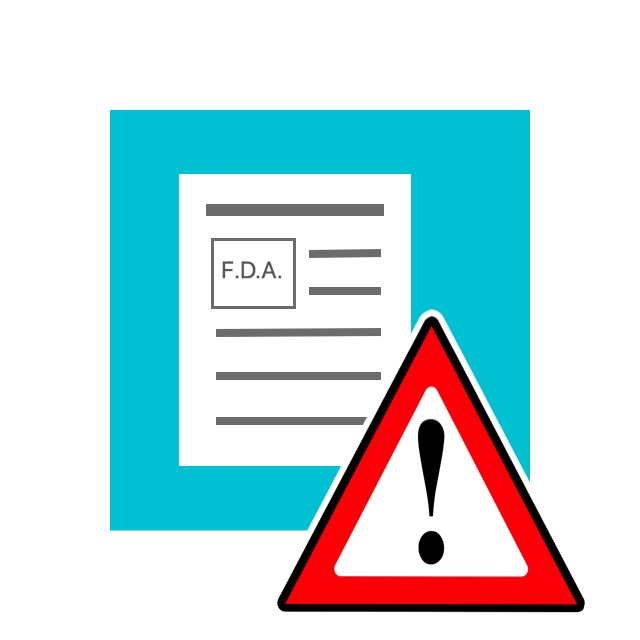
New research examined what tools people who have food allergies use to prevent allergic reactions at restaurants.
READ ARTICLE HIDE ARTICLE
SEATTLE (November 16, 2018) – People with food allergies know eating at a restaurant means using multiple strategies to make sure your order doesn’t contain something that could send you to the hospital with anaphylaxis – a severe life-threatening reaction.
New research being presented at the American College of Allergy, Asthma and Immunology (ACAAI) Annual Scientific Meeting examined what tools people who have food allergies use to prevent allergic reactions at restaurants. Members of a food allergy network were given a 25-question survey that examined specific behaviors used in preparation for restaurant dining.
“The most frequent preventive strategies were speaking to a waiter on arrival (80 percent) and ordering food with simple ingredients (77 percent),” says Justine Ade, MD, lead author of the study. “The least used strategies were placing allergy orders separately (23 percent) and using a personal allergy card (26 percent). We found when those with food allergies used more strategies in a restaurant, the result was fewer reactions. People who used an average of 15 strategies when eating out tended to avoid having a severe allergic reaction. Those who did experience an allergic reaction were using an average of only six strategies at the time of their most severe reaction. Those same people increased their average number of strategies to 15 after experiencing a severe reaction.”
The most and least used strategies among families were:
Top five:
- Speak to waiter on arrival (80%)
- Order food with simple ingredients (77%)
- Double check food before eating (77%)
- Avoid restaurants with higher likelihood of contamination (74%)
- Review ingredients on a restaurant website (72%)
Bottom five:
- Place food allergy order separately (23%)
- Use personal allergy card (26%)
- No longer eat at restaurants (39%)
- Choose a chain restaurant (41%)
- Go to restaurant off peak hours (44%)
“Eating out at a restaurant is a challenge for people with food allergies,” says allergist Leigh Ann Kerns, MD, ACAAI member and study co-author. “Checking ingredients in the dishes that the restaurant offers ahead of time and finding strategies that work for you or your child can help to minimize the risk of reactions. If you think that you or your child may have a food allergy, see an allergist for testing. Allergists are specially trained to help you to manage your food allergies so that you can stay safe while enjoying life."
Author: Justine Ade, MD
For more information about food allergies and to locate an allergist in your area, visit AllergyandAsthmaRelief.org. The ACAAI Annual Meeting is November 15-19, 2018 at the Washington State Convention Center in Seattle. For more news and research from the ACAAI Scientific Meeting, go to our newsroom – and follow the conversation on Twitter with #ACAAI18
Learn More from American College of Allergy, Asthma, and Immunology





